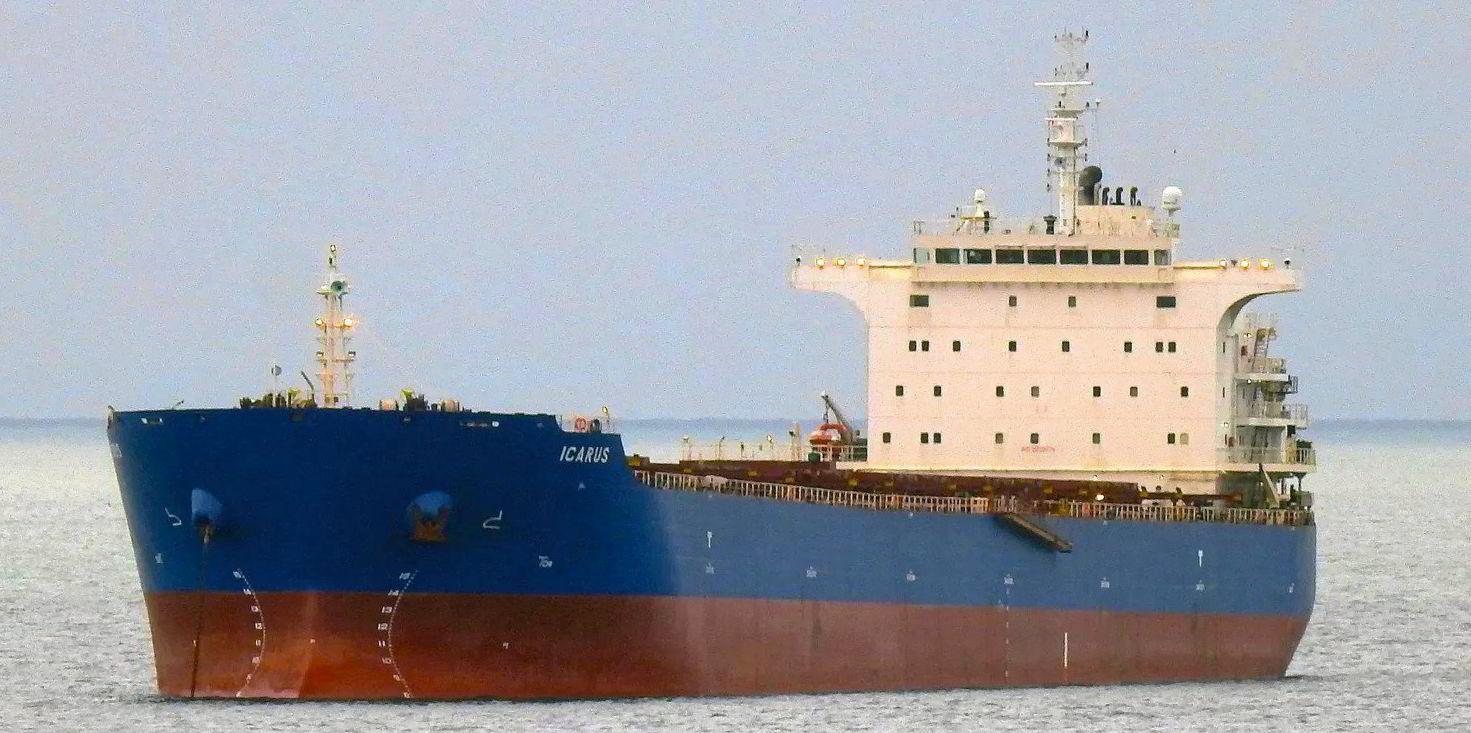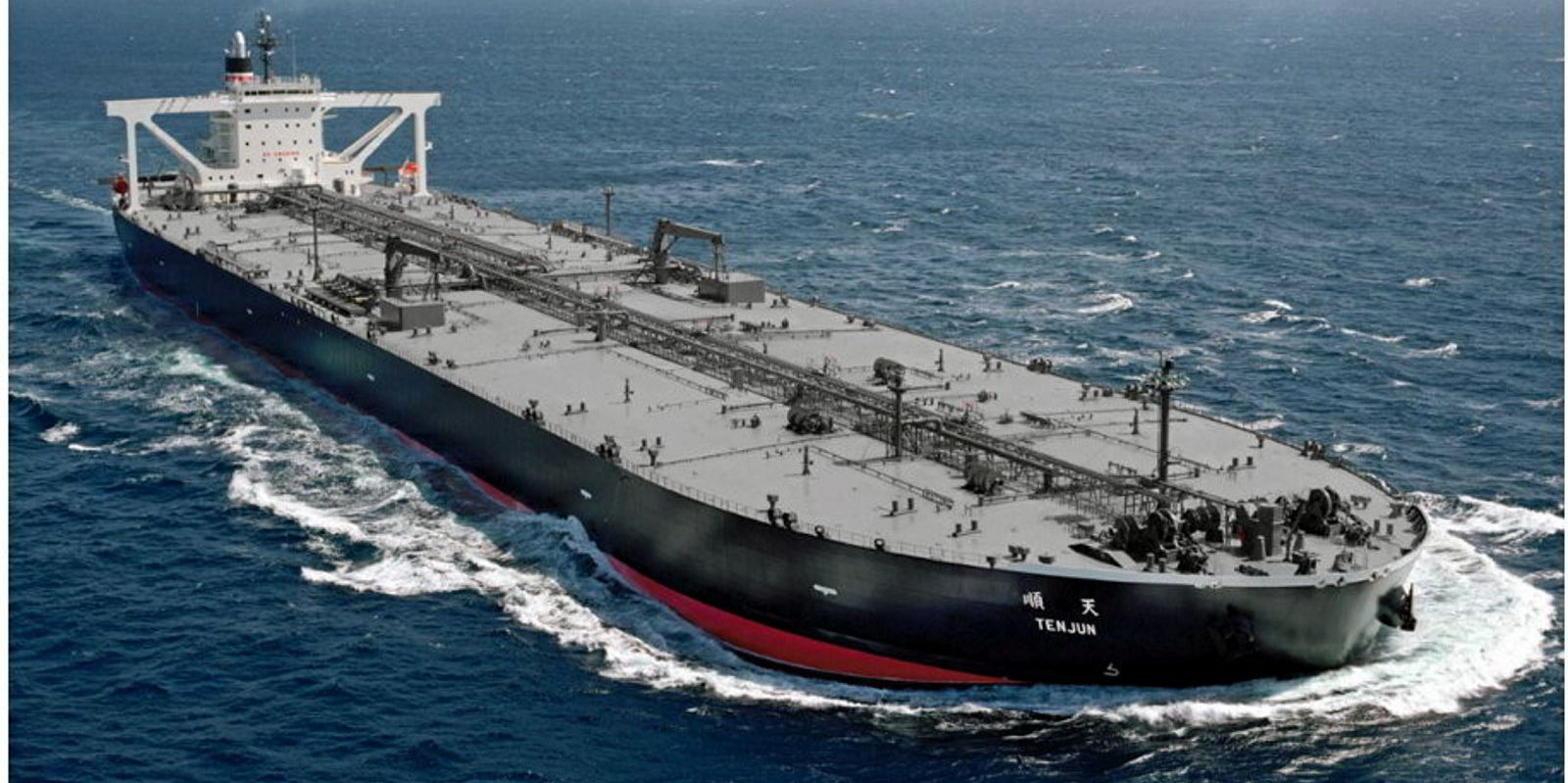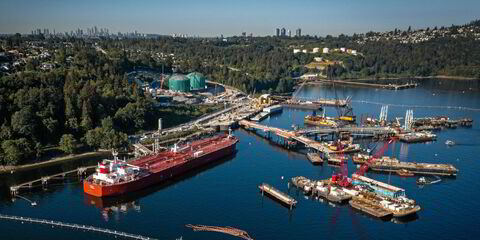Greek owner Laskaridis Shipping is teaming up with experts at Cambridge University to study the actual decarbonisation effect of new green fuels.
The partners will collaborate with Greek optimisation platform Metis for the research project run by the Cambridge Centre for Advanced Research & Education in Singapore (CARES), set up by the British university in 2013.
Despite ambitious emission reduction targets for shipping, “reliable real-world data regarding the impact of different low-carbon fuels is elusive”, the partners said.
The three-way collaboration will produce data captured by analytics and performance evaluation by Metis from Laskaridis’ 75,200-dwt panamax bulker Icarus (built 2012).
Funding comes from Singapore’s National Research Foundation.
Data scientists at CARES have developed tools to model ship lifecycle pathways towards decarbonisation.
Professor Nondas Mastorakos said the shipowner has agreed to provide fuel consumption, weather and routing information.
“This will allow us to apply our modelling tools and provide ‘what if?’ answers based on realistic data. In this way, effective decarbonisation strategies can be developed quickly,” he added.
The work will create an “invaluable database” for projecting ship CO2 reductions, based on analysis that goes far beyond estimates calculated on average fuel consumption and routing, the companies claimed.
Developing pathways
Metis chief executive Panos Theodossopoulos said: “Consensus suggests that shipping’s carbon-neutral future will rely on a range of alternative fuels, supply chains and technologies.
“This research provides key examples of the way digitalisation and advanced analytics will help shipowners develop successful pathways towards decarbonisation which balance their commercial and sustainability imperatives.”
Laskaridis said it has prioritised investing in digitalisation and data analytics, to achieve greater ship efficiency and measurable progress towards emission reductions across its fleet.
Nikolaos Tsoulakos, innovation & technology manager at the shipowner, added: “The high-frequency data collection systems installed on our vessels serve as the foundation for harnessing the potential of artificial intelligence.
“Through collaboration with CARES and Metis on this initiative, our aim is to contribute to the scientific community by sharing data and providing valuable insights to the maritime sector through data analysis and performance analytics.”(Copyright)





